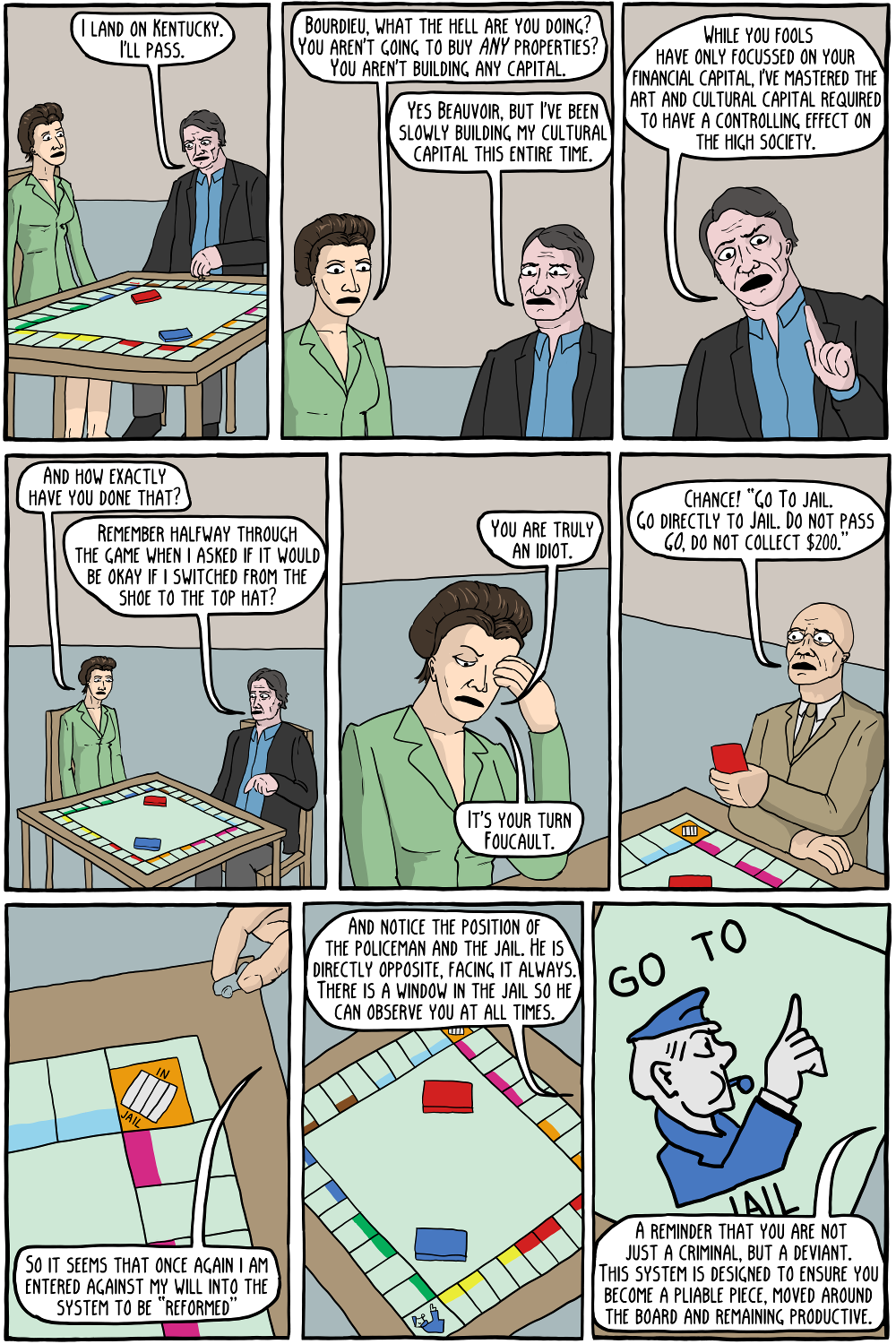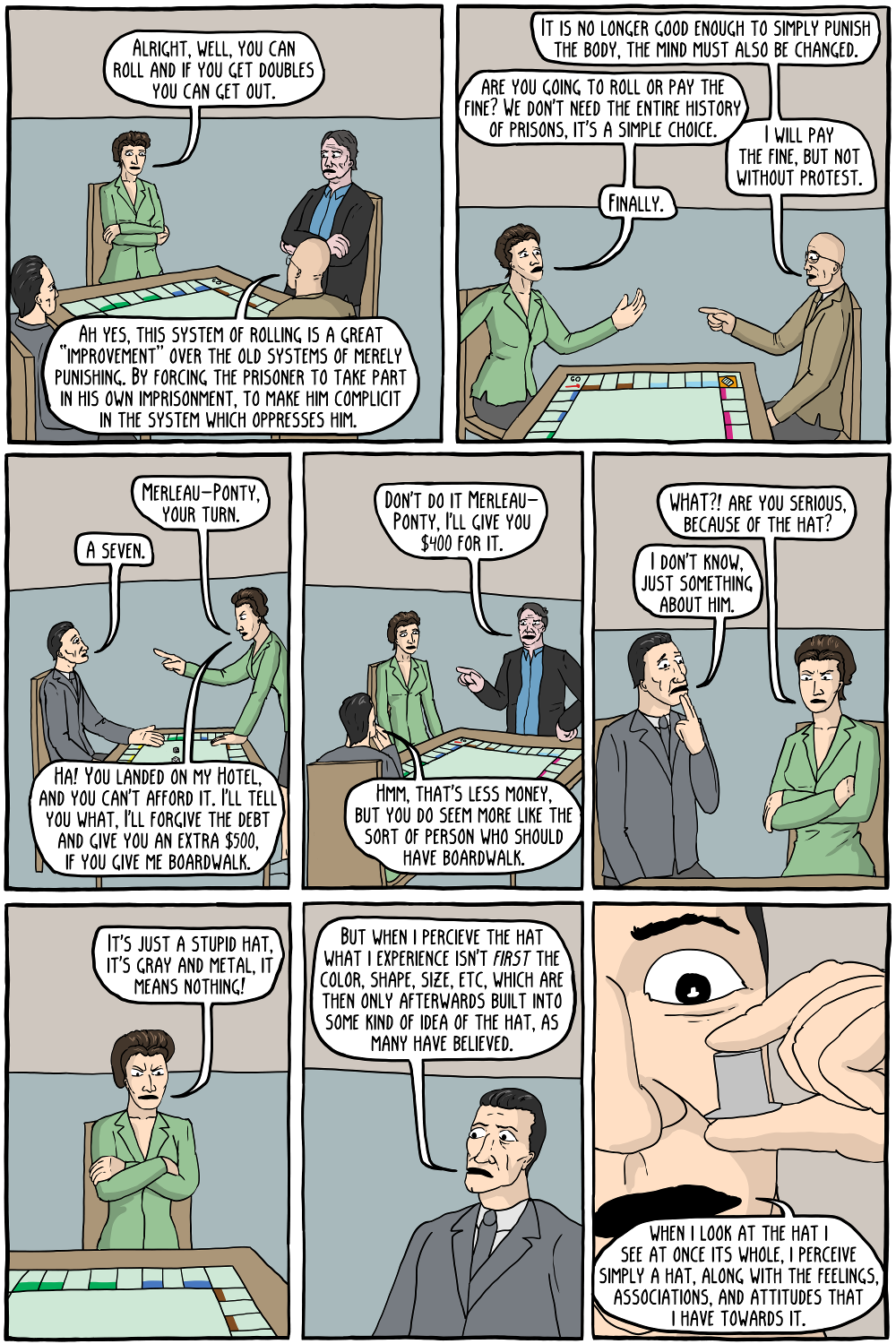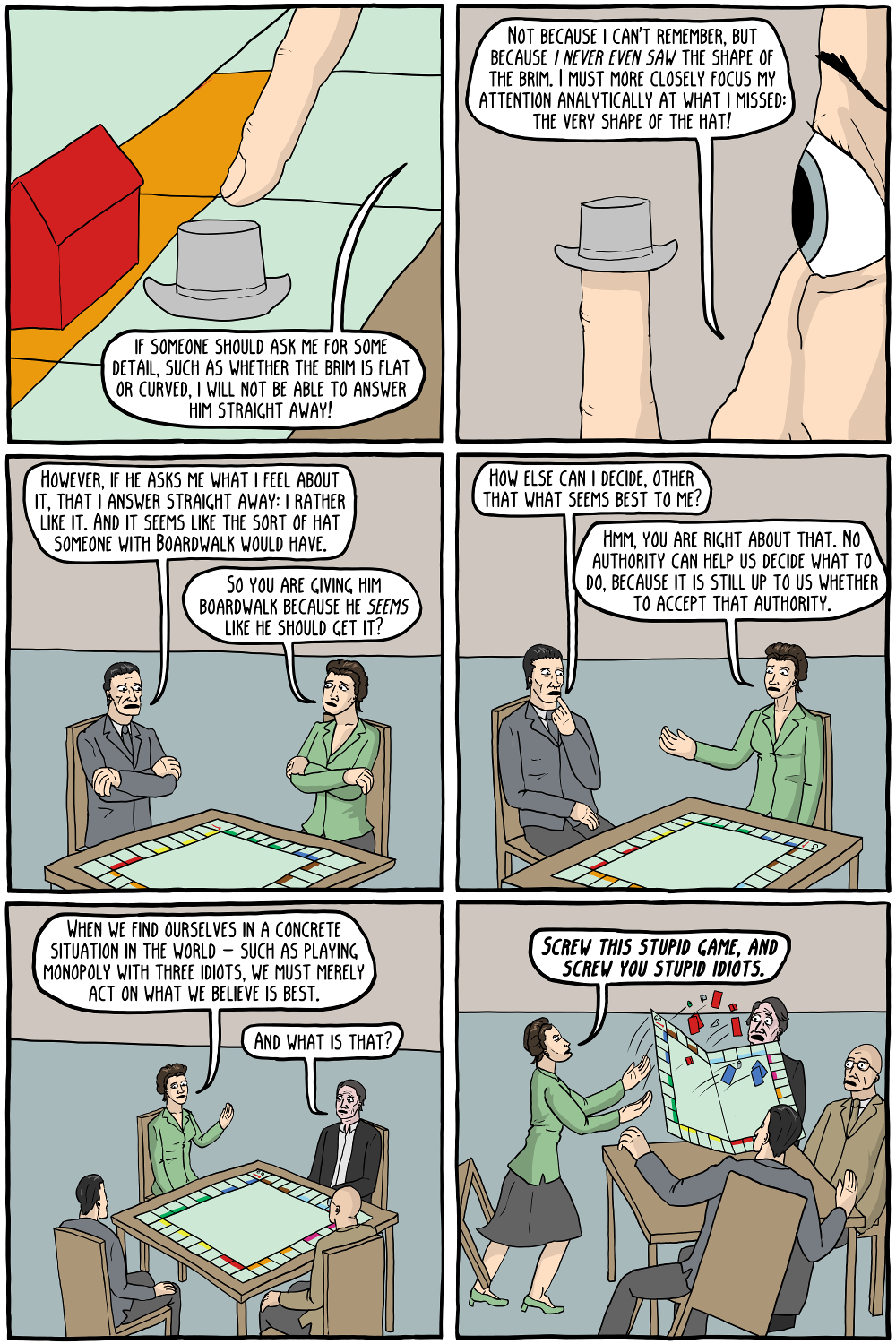


Pierre Bourdieu was a french philosopher and sociologist, best known for his ideas about cultural production and "cultural capital". He saw the Marxist schools of thought at the time as too focused on purely economic forms for capital, whereas in society culture forms of class distinctions also play a huge role in how class distinctions function. For example, among the upper classes certain forms of art and literature is consumed, and if you want to join that part of society you are required to develop a taste for those sort of things (and equally important, have a disdain for the tastes of the lower classes). Bourdieu argues that these differences in taste not only reflect class structures, but play a large role in reinforcing them by creating barriers between the classes beyond simple economics.
Michel Foucault was a 20th century French philosopher, best known for his landmark book Discipline and Punish (although he certainly wrote many other influential works). He does a sort of "genealogy" of the prisons and other punishment system in Europe in the modern period. As the systems of punishment move towards the long term prisons that we have today they became more and more advanced in being used as instruments to control the prisoners and turn them into passive subjects that would become productive workers. The "panopticon" of Jeremy Bentham was his most famous example, a tower in the center of the prison that would view into all the prisoners' cells to insure they behave at all times. It wasn't just because they would be physically punished if they didn't (although they might), but because they were always aware of the eyes of the warden observing them.
Merleau-Ponty was a 20th century philosopher, mostly concerned with phenomenology of perception. He was heavily influenced by the Gestalt psychology of the time, and believed that we experienced things as complete whole, not a kind of "raw sense data" that we deciphered and built up into objects (no phenomenologically anyway). Only through analytic attention can we even see the parts that make up a whole, by breaking them down through careful thought.
Simone de Beauvoir believed that ethical and existential decisions (i.e. what we should do for others and what we should do in our own lives) could not stem from global rules, because there would always be ambiguity in how the rules would apply to a concrete situation, and whether or not we should personally reject the rules in favor of another system. So while it might seem like a universal maxim that we should always flip the monopoly board when the other players cut us out of the trades and screw us, you can't say whether or not you will do it until you find yourself concretely situated in a particular game.
Permanent Link to this Comic: https://existentialcomics.com/comic/135
Support the comic on Patreon!










